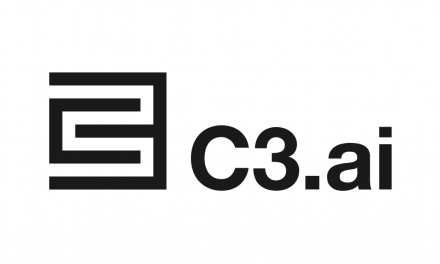OpenAI, supported by Microsoft Corp. (NASDAQ:MSFT) and heralded as an AI innovation leader, is now facing significant competition from emerging firms adopting open-source strategies. Despite OpenAI’s initial success with ChatGPT, its leadership position is under threat as new AI entities gain ground.
Abacus.AI has notably ascended as a leader on the LLM leaderboard hosted by Hugging Face, positioning its model, Smaug-72B, at the forefront of open-source foundation models with an unprecedented average score of 80, as announced by Bindu Reddy, CEO of Abacus.AI X.com. This model outperforms GPT-3.5 by a considerable 7% margin, marking a significant achievement in the AI field.
This shift highlights a growing movement towards open-source projects within the AI community, challenging the competitive dynamics and emphasizing the importance of transparency and accessibility in AI advancements.
Meta Platforms Inc. (NASDAQ:META) has similarly advocated for an open approach to AI development, suggesting that while certain proprietary models may necessitate restrictions, overall, openness could enhance the technology’s benefits and adoption.
Elon Musk, originally a proponent of open-source AI through the naming of OpenAI, continues this advocacy with his development of Grok, an open-source AI bot, under the xAI initiative, reinforcing the argument for accessible AI development.
Meta’s and Musk’s perspectives underline a broader consensus on the potential advantages of open-source models in addressing concerns about AI’s societal impact and promoting innovation.
Abacus.AI’s commitment to open-source LLMs is evident in its contributions and the growing parity between open-source models and their commercial counterparts, evidenced by the progress of models like Llama, Llama 2, Mistral, and Mixtral.
As the competitive landscape in AI development evolves, OpenAI may find it necessary to adapt its approach to remain a key player. While its achievements in AI have been significant, embracing a more open and collaborative model could be crucial for sustaining its leadership in a rapidly changing technological environment. The ongoing evolution of the AI sector underscores the importance of adaptability and openness for organizations aiming to stay ahead in this fast-paced domain.





